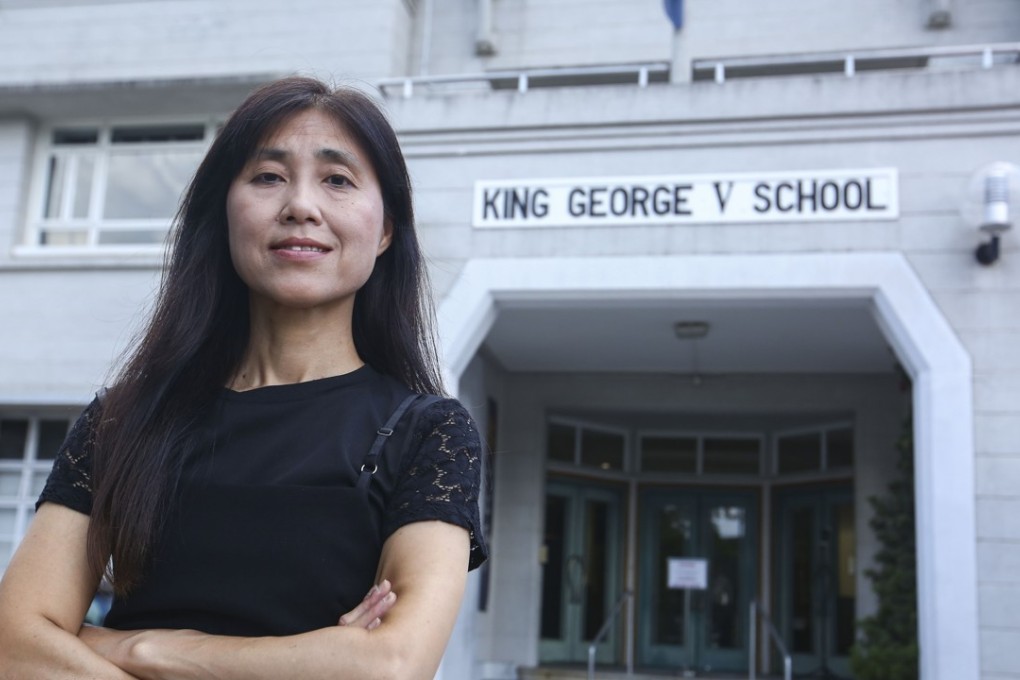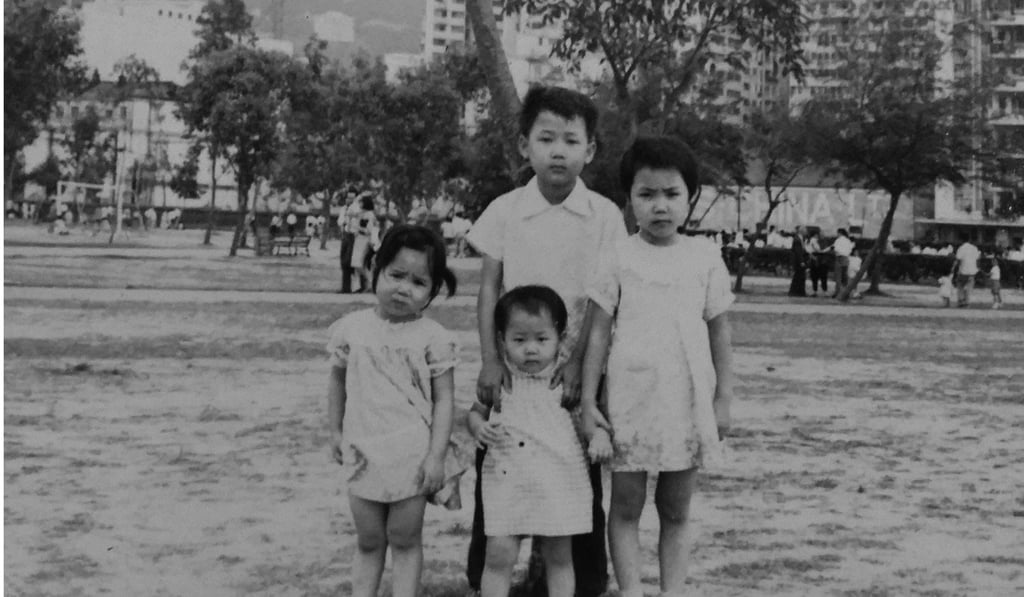How a Hong Kong author’s violent childhood inspired her to write books for kids
Poverty and family dysfunction became the inspiration for ‘Three Years and Eight Months’, Icy Smith’s children’s book about the Japanese occupation of Hong Kong

Hard times I grew up in a very poor and an entirely dysfunctional family in Hong Kong in the 1960s. Poverty and ignorance were the root cause of the dysfunction. Everybody suffered in the community. Spanking children hard was commonplace. My shoulder and arms were dislocated when my grandmother pulled me too hard in her brand of discipline. I recall crying all day waiting for my mom to come home at night to take me to see an herb doctor. The herb doctor had his own brand of torture, using boiling hot herbs instead of fixing a dislocated shoulder.
Shadows of war During the war, my father witnessed awful interrogations by Japanese soldiers. He was a trusted slave and regularly moved around the Kempeitai (military police) headquarters (in what is now the Court of Final Appeal, in Central). He saw unspeakable things. To get a suspect to reveal alleged rebel contacts, the Japanese soldiers would use various torture techniques. He described suspects having water forced down their throats and then their stomachs stepped on, while others were hung by their hands and beaten.
My dad’s Japanese was pretty good and he was sometimes asked to translate questions to prisoners, a rather traumatic thing for a teenage boy. It is strange, though; he also romanticised it a bit by saying he enjoyed the miso soup and singing Japanese folk songs with the soldiers. My uncle was forced to transport prisoners to their deaths: prisoners were taken to any hillside or by the sea and were killed using guns or swords. My grandmother had even more unfortunate experiences.

In a shack on a hill For my first years – when I was under five years old – we lived in Holy Cross Path Village, in Sai Wan Ho, in a wooden shack on a hill with no hot water and no shower. One of a bunch of illegal wooden shacks, it was vermin infested, with endless mosquitos, rats and centipedes. At least one of my siblings – I’m one of six – got bitten by a snake. Water was available only by walking a long distance to fill buckets from a hose. The sewage system was quite primitive, too. Every day, after midnight, a man would come by to collect our buckets of faeces.
We did not have enough to eat so we were sick all the time. My older sister lost a kidney. I still have a vivid memory of my little sister looking for food in a dumpster. My grandmother became a Buddhist nun after the second world war and later lived with us. Becoming a nun was a sort of treatment for PTSD (post-traumatic stress disorder). The horror she lived through during the war years had a devastating effect on her and lasted the rest of her life.